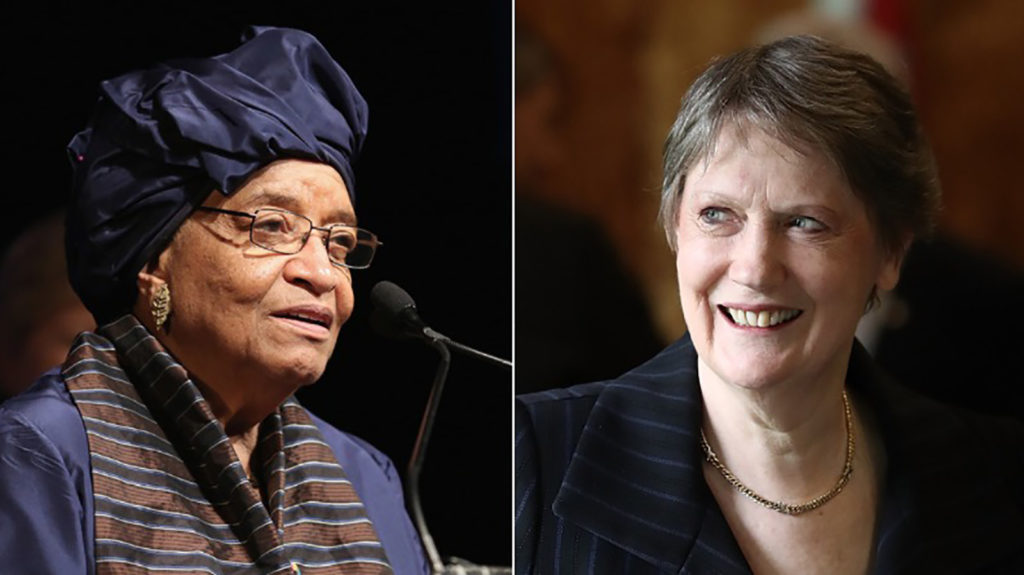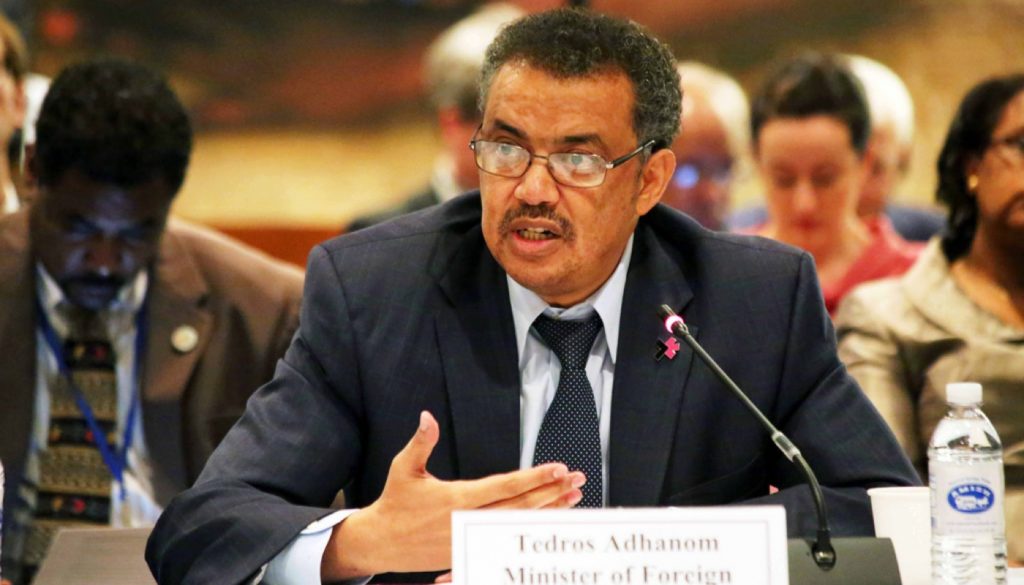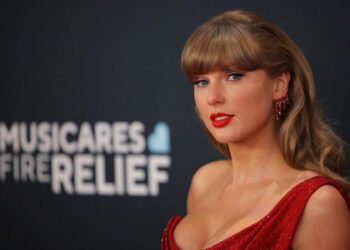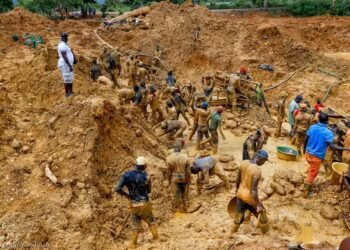A panel of experts commissioned by the World Health Organization (WHO) has criticized China for not moving to stem the initial outbreak of the coronavirus pandemic earlier and criticised the WHO for not declaring an international emergency until January 30.
In the report, the panel led by former New Zealand Prime Minister Helen Clark and former Liberian President Ellen Johnson Sirleaf said there were “lost opportunities to apply basic public health measures at the earliest opportunity” and that Chinese authorities could have applied their efforts “more forcefully” in January shortly after the coronavirus began sickening clusters of people.
The panel also determined that “many countries took minimal action to prevent the spread (of COVID-19) internally and internationally.”
“The reality is that only a minority of countries took full advantage of the information available to them to respond to the evidence of an emerging pandemic,” the report said.
It added that as evidence emerged of human-to-human transmission, “in far too many countries, this signal was ignored.”

Additionally, the panel of experts questioned why the WHO’s Emergency Committee did not meet until the third week of January and did not declare an international emergency until its second meeting at the end of January.
The experts also wondered whether “it would have helped if WHO used the word pandemic earlier than it did.”
“Although the term pandemic is neither used nor defined in the International Health Regulations (2005), its use does serve to focus attention on the gravity of a health event. It was not until 11 March that WHO used the term.”
As the coronavirus began spreading across the globe, WHO’s top experts disputed how infectious the virus was, saying it was not as contagious as flu and that people without symptoms only rarely spread the virus. Scientists have since concluded that COVID-19 transmits even quicker than the flu and that a significant proportion of spread is from people who don’t appear to be sick.
Over the past year, the WHO has come under heavy criticism for its initial handling of the COVID-19 pandemic. US President, Donald Trump slammed the U.N. health agency for “colluding” with China to cover up the extent of the initial outbreak and halted U.S. funding for WHO and pulled the country out of the organization.
European countries led by France and Germany have also pushed for addressing the WHO’s shortcomings on funding, governance and legal powers.
The panel called for a “global reset” and said that it would make recommendations in a final report to health ministers from the WHO’s 194 member states in May.
The report comes after the Director General of the WHO, Tedros Adhanom Ghebreyesus, warned that the inequitable distribution of COVID-19 vaccines between rich and poor countries will prolong the pandemic.
He slammed wealthier countries for buying up and hoarding all available vaccines.
“More than 39 million doses of vaccine have now been administered in at least 49 higher-income countries. Just 25 doses have been given in one lowest-income country. Not 25 million; not 25,000; just 25,”
Dr Tedros Adhanom Ghebreyesus

The WHO chief also criticized vaccine manufacturers for chasing regulatory approvals “where the profits are highest,” rather than seeking global approval with the WHO.
“I need to be blunt: the world is on the brink of a catastrophic moral failure — and the price of this failure will be paid with lives and livelihoods in the world’s poorest countries,”
Director of WHO’s emergency programme, Mike Ryan had earlier projected that global deaths from COVID-19 is expected to rise to 100,000 per week “very soon.”



















